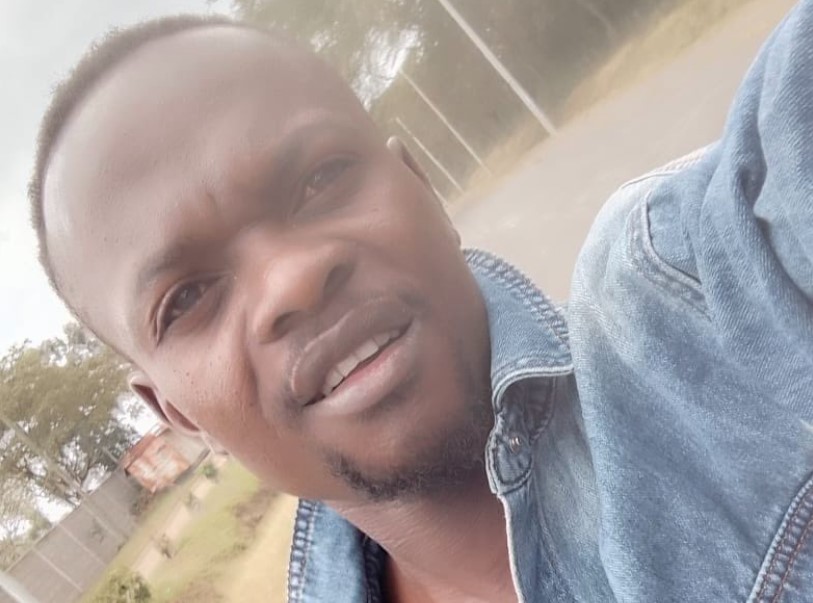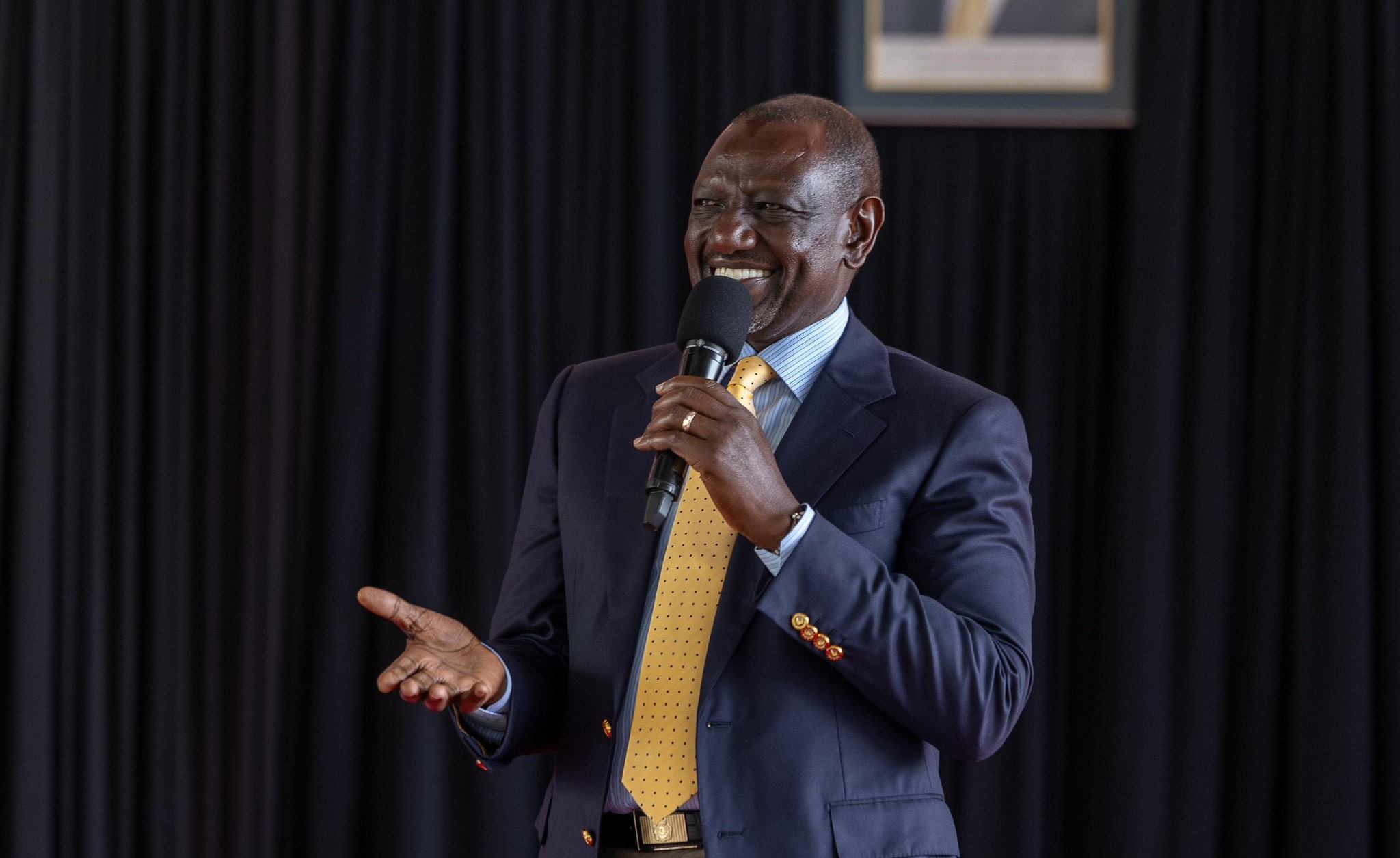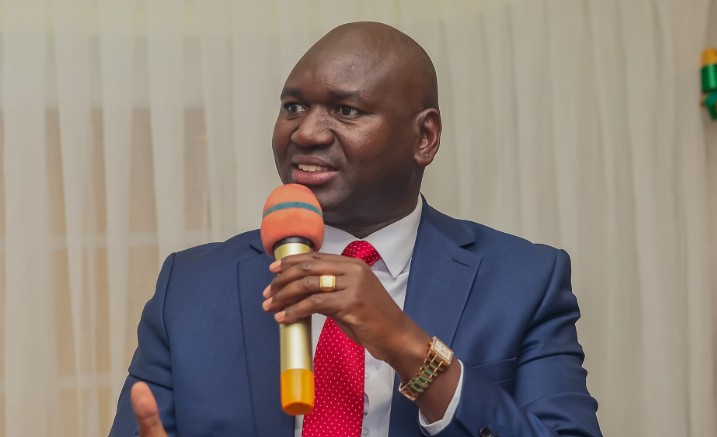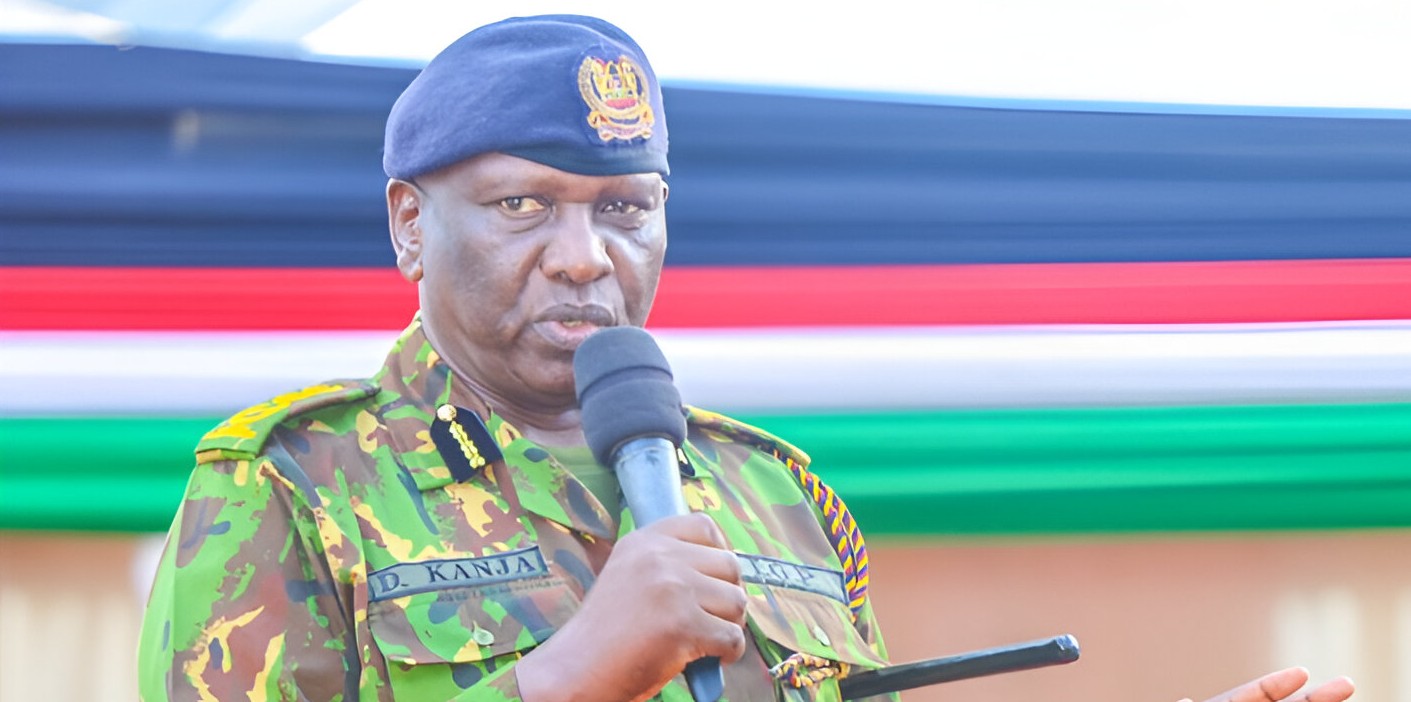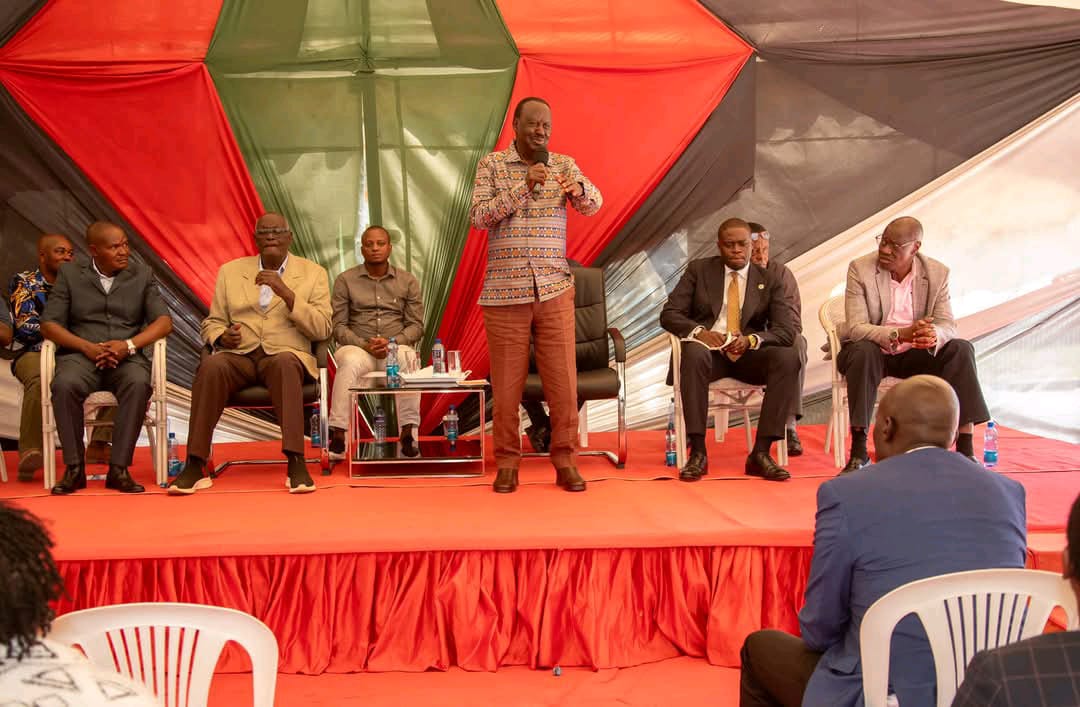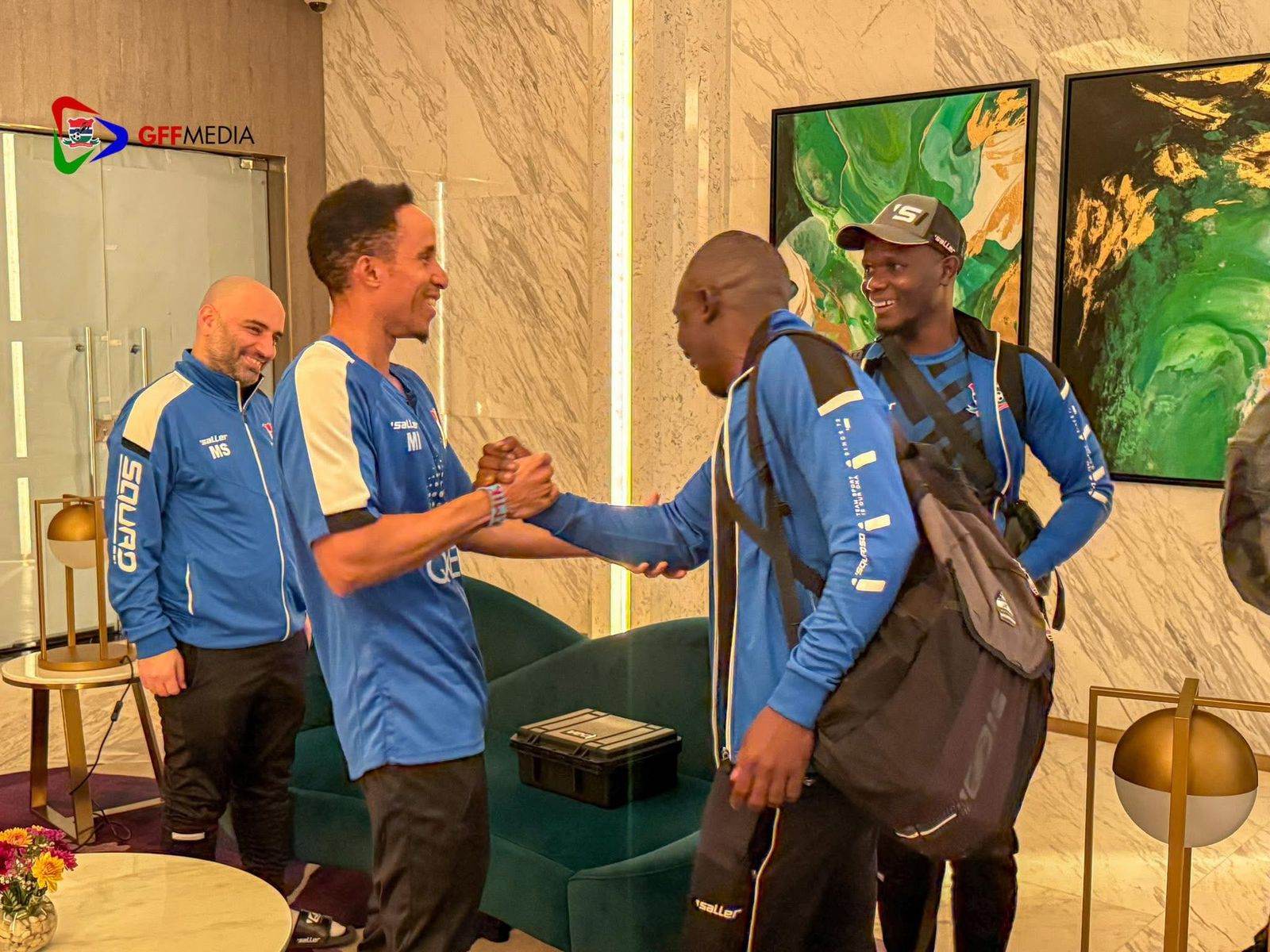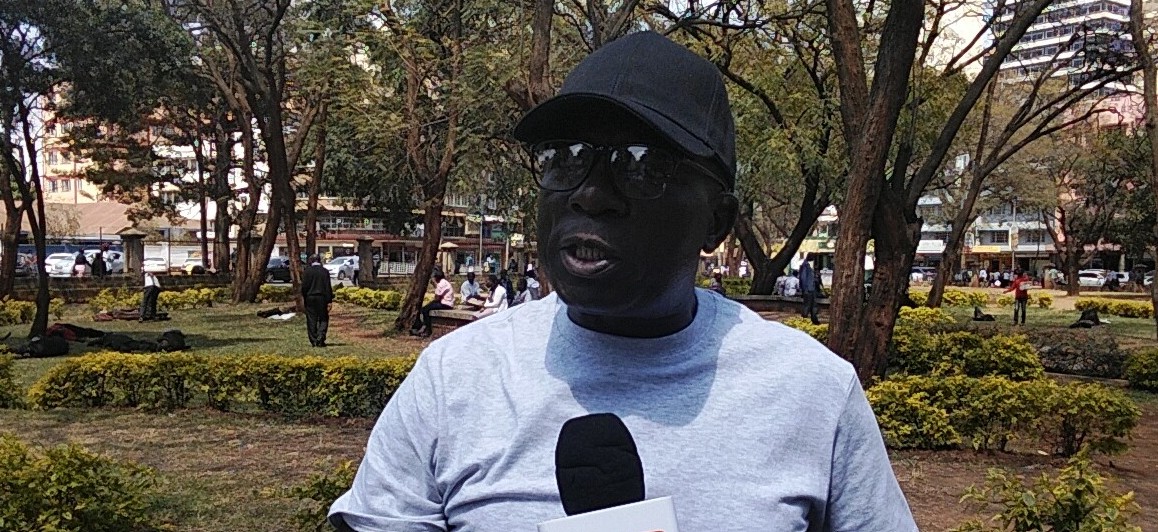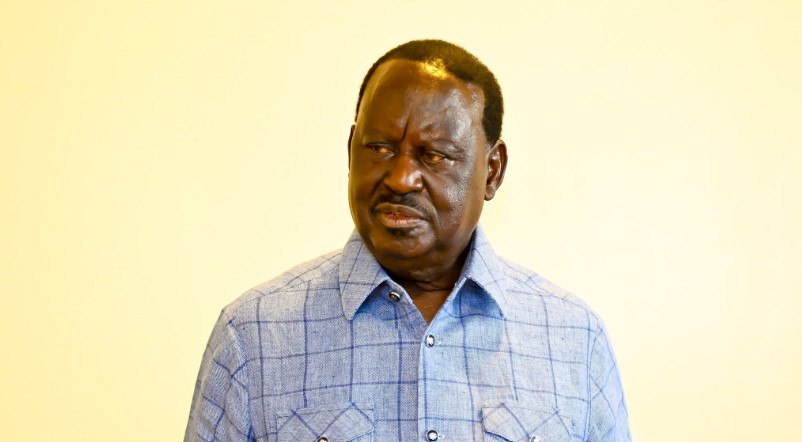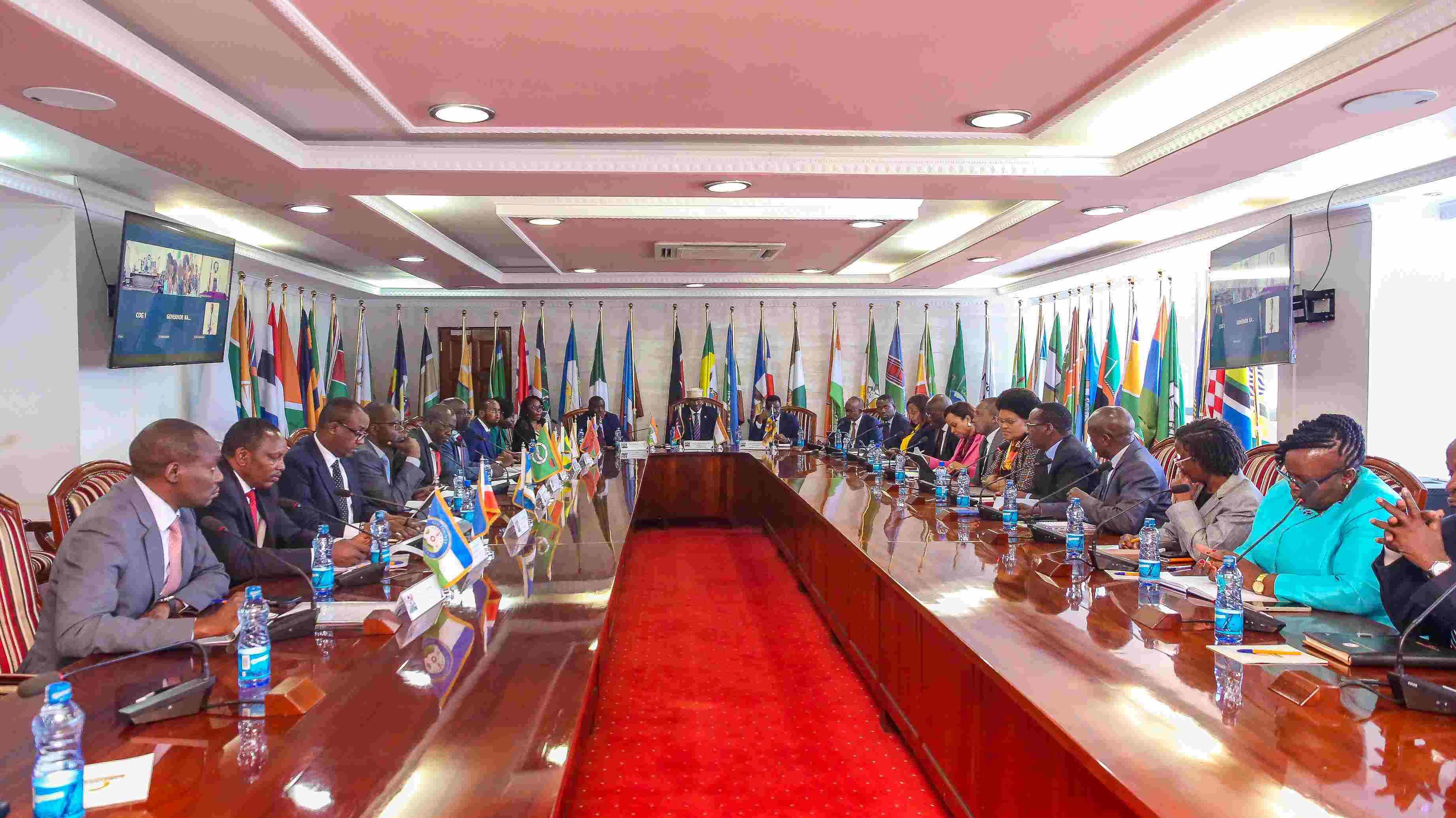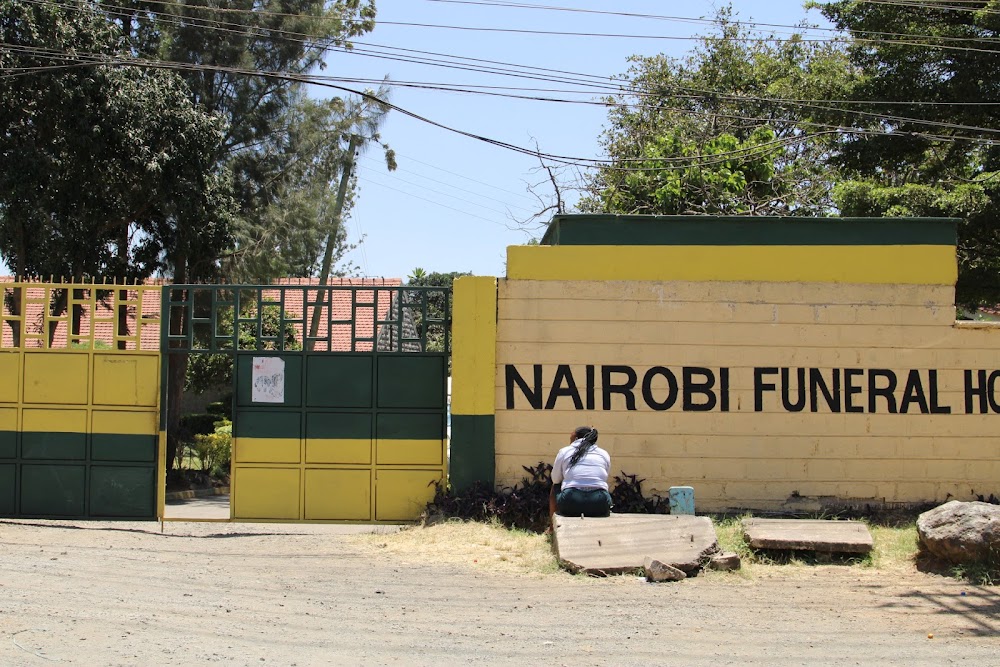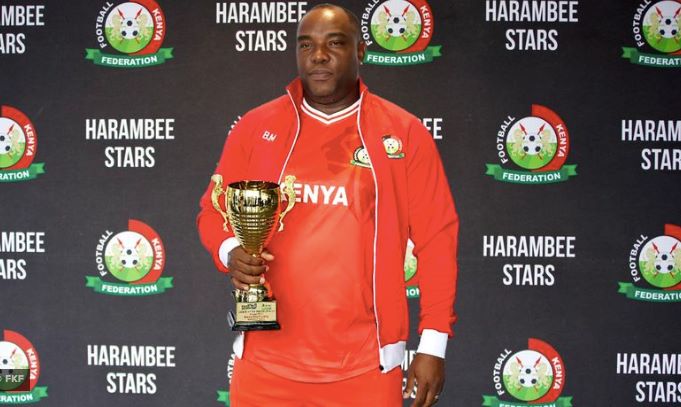Besigye snubs treason trial, demands Judge’s removal
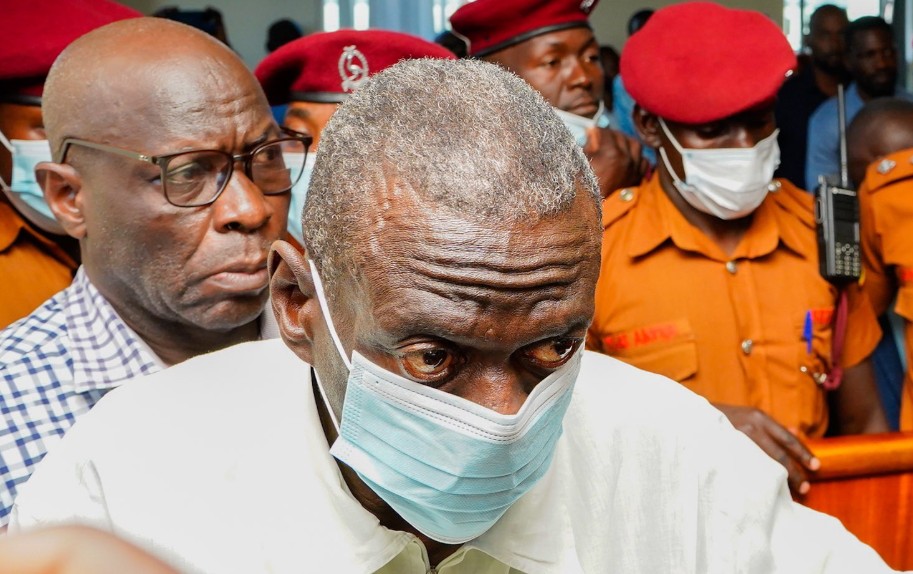
Lawyer Kato Tumusiime noted that Besigye and Lutale had issued “clear instructions” to their legal team not to participate in proceedings before Baguma.
Uganda’s opposition leader Kizza Besigye refused to attend the opening of his treason trial on Monday, citing bias by the presiding judge.
Besigye, 69, a four-time presidential contender, faces charges that could carry the death penalty after being abducted in Kenya last November and returned to Uganda.
More To Read
- Kenya trails Uganda and Tanzania in attracting industrial investment - report
- Over 9,000 new pest species threaten Uganda’s food security, study warns
- Uganda confirms deal to accept migrants deported from US
- 177 Ugandans pick nomination forms in bid to unseat Yoweri Museveni
- Uganda agrees to take migrants under US deportation deal
- Uganda bets on $250 million Chinese-owned gold mine to drive economic growth
One of his lawyers, Erias Lukwago, said Besigye and co-accused Obeid Lutale “refused to appear in court because they believe they will not get a fair hearing.”
“The two have applied to the court to have Judge Emmanuel Baguma recuse himself from the case but he has refused and they have taken a decision not to appear before him until another judge is appointed,” he added.
The defendants argue that Justice Baguma is partial, pointing to his rejection of their bail applications.
Lawyer Kato Tumusiime noted that Besigye and Lutale had issued “clear instructions” to their legal team not to participate in proceedings before Baguma.
The controversy revolves around the timing of their detention. Although Ugandan law allows a maximum six-month detention without trial, the judge ruled last month that the period started in February when the charges were formally read, not from November when Besigye was seized and confined in a military facility. Lukwago previously described the ruling as “absurd.”
Besigye went missing in Nairobi while attending a book launch by politician Martha Karua and was later transported across the border to a military prison in Uganda, where he has been held since.
He faces treason charges alongside his aide Hajj Lutale.
His detention has drawn international criticism. Besigye’s wife, Winnie Byanyima, said in June that he was being held “for political reasons” under “inhumane” conditions.
Rights organisations have linked his arrest and trial to next year’s elections, where President Yoweri Museveni, 80, is seeking another term.
Initially, Besigye’s case was tried in a military court, but the Supreme Court ruled that civilians could not be tried in military tribunals.
President Museveni later signed legislation allowing military trials for civilians under what he termed “exceptional circumstances.”
Top Stories Today
